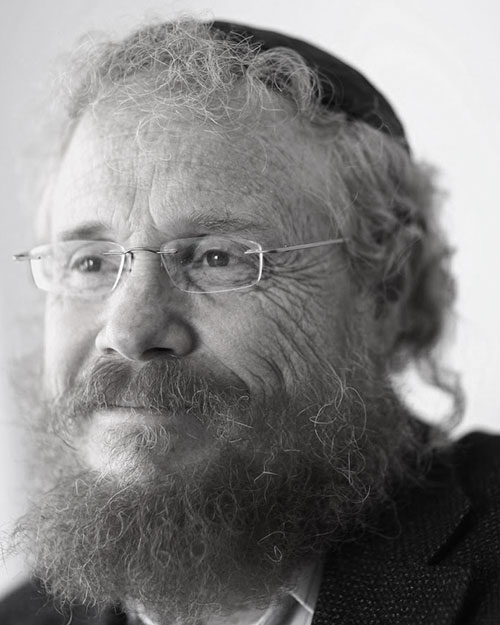What God Means to Me
Whenever I visit my parents’ house, I always find a few minutes to…

When discussing God, the challenge is to balance the intellectual with the emotional. Who, what, why is God?


When I was in high school, I loved mock trial. For those unfamiliar…

Perhaps the most fundamental question any religious believer can ask is: “Does God exist?” It’s time we find good answers.
Christianity’s focus on the afterlife historically discouraged Jews from discussing it—but Jews very much believe in it.
Arguing with God doesn’t have to mean you’re against God; you can also be upset and passionately connected at the same time.
What are Jews to say when facing “atheism’s killer argument”?
Our Sages compiled tractates on the laws of blessings, Pesach, purity, and so much more. What did they have to say about the status of the Oral Torah?
Throughout history, perceptions of God have changed and shifted. Who is God? Each generation answers that a little differently.
After tragedy strikes, we demand answers to explain our loss, but the consolation we seek may not be in our minds, but in our hearts.
The Seder is no longer a simple practice or declaration of belief but an opportunity to affirm my faith, and how difficult faith is to nurture.
In this episode of the 18Forty Podcast, we sit down with Rabbi David Aaron, author, thinker, and educator, to discuss what God is and isn’t.
In this episode of the 18Forty Podcast, we sit down with Rabbi…
In this episode of the 18Forty Podcast, we sit down with Dr.…
In this episode of the 18Forty Podcast, we sit down with Rabbanit…
In this episode of the 18Forty Podcast, we speak with Rabbi Dr.…
The question of existence—why there is anything rather than nothing—is one of the fundamental questions of philosophy and theology. Why would God create a universe and what are we to make of the somethingness of this world? Jim Holt, a journalist and author, tackles this heavy question in a style that is both deeply sincere and lightly humorous. Holt approaches the question of existence from a human perspective, as he puts profound philosophical dilemmas in a touchingly personal key. Check out this book if you are curious about the ways the nature of our universe could inform your perspective on your own life. While not written from a Jewish perspective, Holt’s book dances through questions in a humble and humorous way that makes it worth reading for anyone. This book pairs well with The Last Superstition: A Refutation of the…
This tract from one of the great contemporary expositors of Jewish thought is a classic. If you are a thoughtful Jew with books in your life, the chances are that you have spotted this book at some point. Kaplan invites you along a thought experiment in which you change seats with God and asks—how would you create this world? In a simple yet evocative gesture, this shifts the focus of our attention towards ourselves from the other side of the mirror, so to speak. Rav Aryeh Kaplan’s thought is always worthwhile, and this book is a short, thought-provoking window into why that’s true.
A master of prose, Heschel first wanted to be a poet, but was told by an elder poet in Warsaw that he would make a great philosopher one day. In this work, his greatness is clear. Heschel takes a serious look at the relationship between God and humanity, ultimately placing the focus of his attention on God’s ‘search for man,’ an anthropocentric perspective that can either be deeply responsibility-inducing and affirming or responsibility-shirking and avoidant, depending on your perspective. Every line of Heschel is full of the wonder he always sought, and readers of this book are sure to appreciate the care and faith that fills each word.
Support Jewish explorations today by supporting 18Forty. Your partnership makes our work possible.
Donate today.



